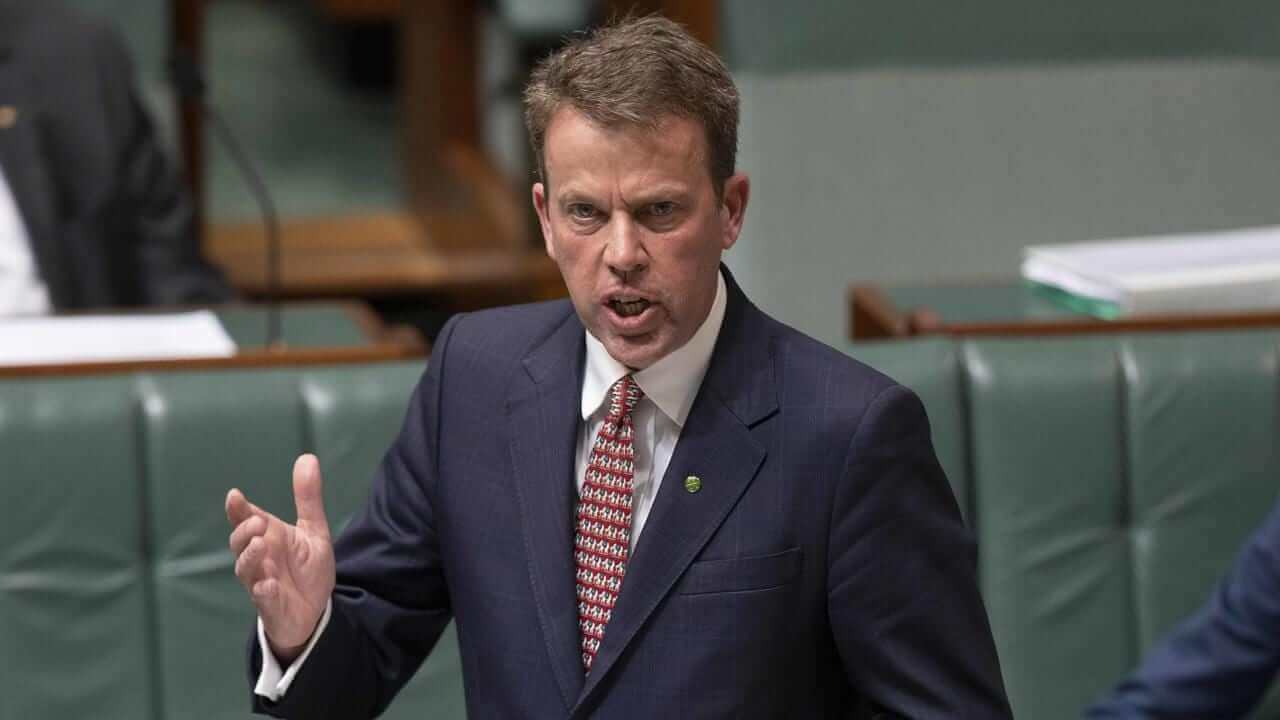Australia has reacted strongly to the United Kingdom’s (UK) intention to push for climate tariffs ahead of the upcoming G7 summit in Cornwall in June, with Trade Minister Dan Tehan decrying it as “new form of protectionism”. UK PM Boris Johnson is expected to make this key feature of his international engagements over the course of this year, culminating with the United Nations Climate Change Conference in Glasgow in November.
Other trading partners, such as the European Union (EU) and the United States (US), have also hinted at similar measures. The EU, for example, is attempting to place a carbon border tax on imports such as aluminium, steel, and chemicals by 2023. Likewise, the Biden administration is thought to be working on a carbon adjustment fee.
Australia is in the midst of trade negotiations with the UK and Trade Minister Tehan has said that the country’s “commitment to meeting our Paris targets” remains firm, absolute, and resolute”. Nevertheless, he is cautious of entering into a deal that may harm Australian exporters, who may be severely affected by carbon import taxes. In fact, Australia has insisted on that ‘penalties’ and ‘climate compliance mechanisms’ be omitted from any potential deal.
The Morrison administration contends that such trade restrictions have more to do with protecting domestic industries than with protecting the environment. Australia competes directly with the UK and the EU in terms of its meat, cheese, and wine industries, and thus sees the climate levies as seeking to drown out the competition.
Meanwhile, the Minister for Resources, Water and Northern Australia, Keith Pitt, downplayed suggestions that the UK is seriously considering such a proposal, rhetorically remarking on ABC Radio: “I'm thinking about whether I can lose weight and get better looking, but that doesn’t mean it's going to happen.”
However, just last week, the European Parliament’s Committee on Environment, Public Health, and Food Safety approved a resolution that calls for a “carbon price on imports of certain goods from outside the EU”. This resolution will be debated at the European Commission in June. If it is passed, certain Australian exporters could be hit with carbon taxes of over $70 per tonne.
Australia already appears to be making changes to its environmental policies, possibly in anticipation of such measures from its trading partners. Earlier this month, the Morrison administration outlined Australia’s plan to reduce carbon emissions by 26-28% by 2030, reach carbon neutrality by 2050, and hit net-zero emissions in the five decades that follow 2050.
However, the veracity of these plans is difficult to ascertain, given that, just in October, Morrison said climate strategies cannot “come at the cost of higher prices for the daily things that our citizens depend on” or at the “cost of jobs”.
That being said, with the inauguration of Joe Biden and the UK and the EU’s aggressive push for carbon neutrality since then, Australia is evidently becoming increasingly wary of not adapting to the changing winds of the international market. The threat of tariffs is particularly acute, given that 60% of Australia’s bilateral trade is with countries who have set net-zero targets for 2050.
At this stage, Australia’s economy is heavily dependent on the fossil fuel industry, with coal and natural gas accounting for over 25% of exports, or $110 billion per year. The latest developments may push Australia to consider further diversifying its industries and reduce its reliance on fossil fuels.
Australia Denounces UK, EU’s Push For Climate Tariffs as “New Form of Protectionism”
Australian Trade Minister Dan Tehan hit out at attempts by the United Kingdom and the European Union, both key trading partners, to introduce carbon border taxes.
February 12, 2021

IMAGE SOURCE: THE AUSTRALIANAustralian Trade Minister Dan Tehan
